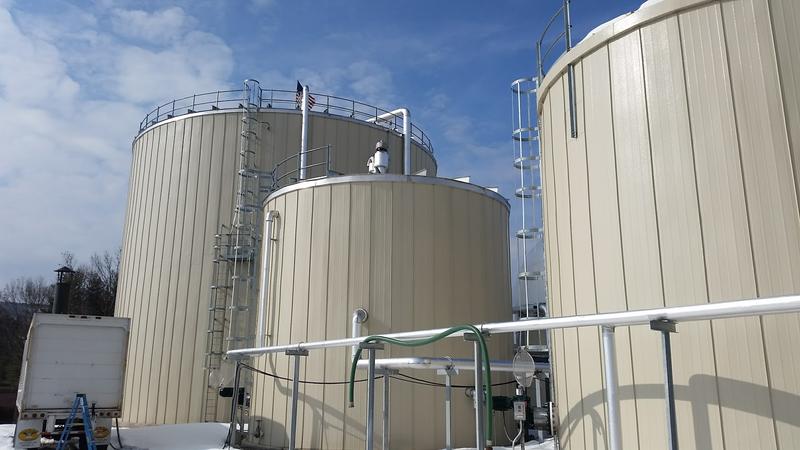Quantum Biopower Commissions 1.2MW Plant in Connecticut
Quantum’s facility will process 40,000 tons/year of food waste through anaerobic digestion.

Quantum Biopower started its 1.2 MW combined heat and power (CHP) unit in Southington, Conn., earlier this week. Officials from the Town of Southington were on hand for the official start of the generating unit.
Power from Quantum’s facility is being virtually net metered to power Southington municipal buildings. Town Manager Mark Sciota said in a statement that this will result in significant cost savings to the town over the next 20 years.
“We’re proud of the work Quantum is doing and the strides [Southington] is making to become as green a community as possible,” Sciota said.
Brian Paganini, vice president and managing director of Quantum Biopower, said in a statement that it was Southington’s vision of creating a forward-thinking energy plan that attracted Quantum in the first place. The town has been an eager and willing partner throughout Quantum’s development.
Quantum’s facility will process 40,000 tons/year of food waste through anaerobic digestion, creating 1.2 MW of Class 1 renewable power. Every year, Quantum will displace the equivalent of 5,000 tons per year of CO2 emissions by recycling food waste into methane to create energy. The facility also produces 8,000 tons per year of organic compost as a residual byproduct of the digestion process.
The facility is producing a steady flow of high volume biogas, which is now being used as fuel for an electrical generation unit to produce clean, renewable electricity. The CHP unit was packaged and integrated by 2G Energy, based in St. Augustine, Fla., and commissioned with the support of the 2G team.
Quantum is currently working with a myriad of food waste generators, such as Dunkin Brands, Whole Foods, Yale University, the Aqua Turf Club, and most recently, the University of Connecticut. Quantum is also currently engaged in a curbside collection program with the Town of West Hartford. This program aims to measure the amount of organic waste created from a sample group of 130 households.
About the Author(s)
You May Also Like


